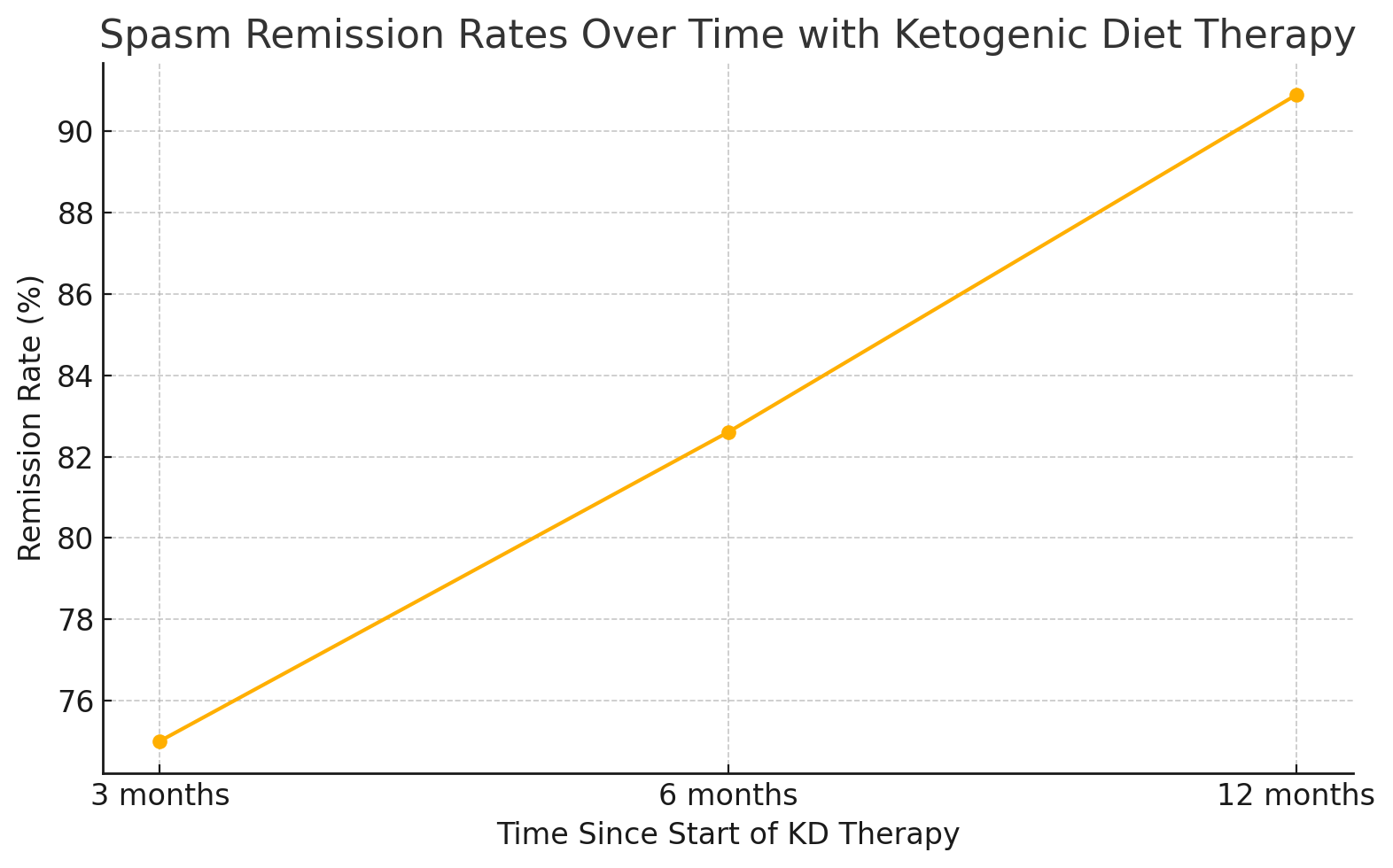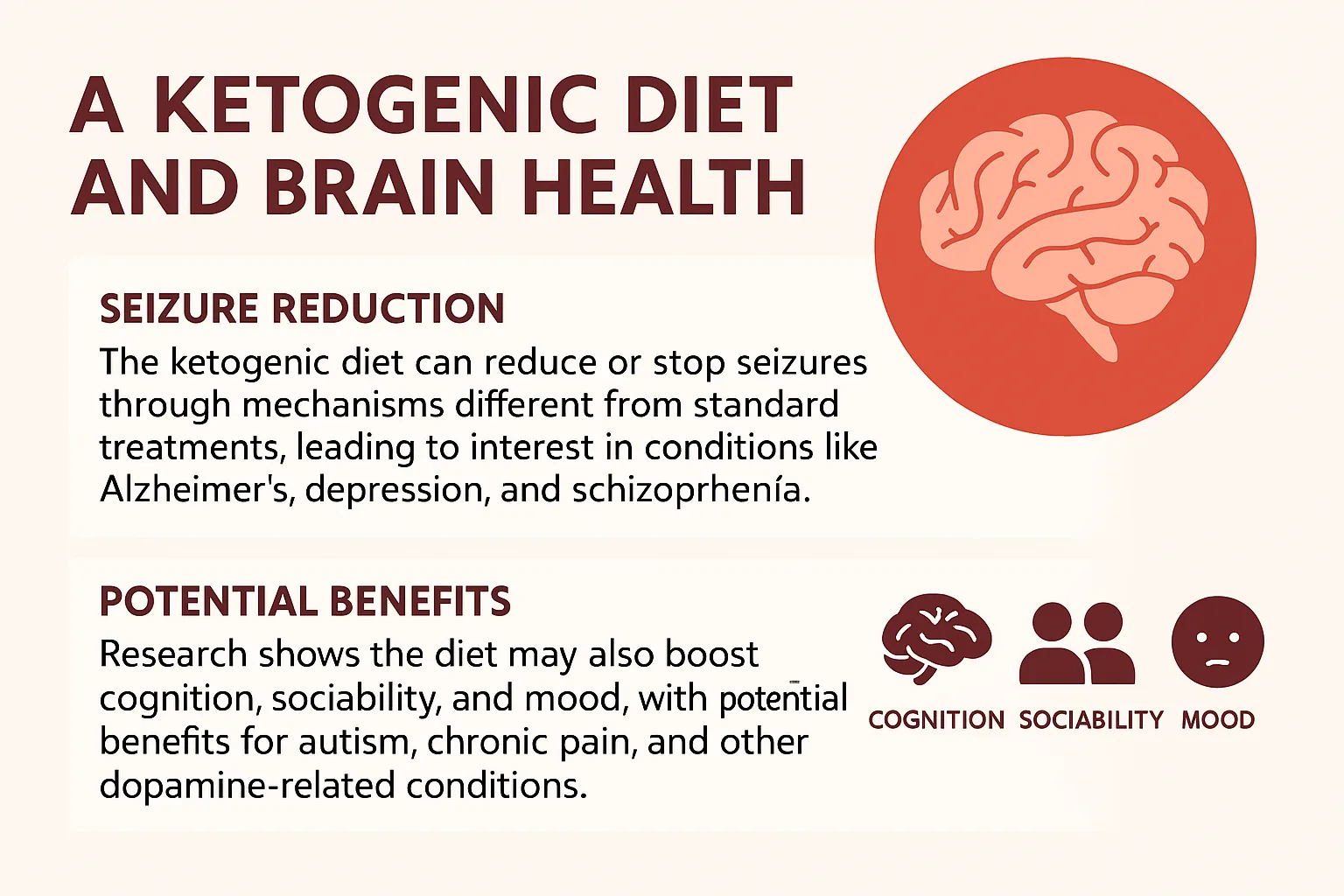
I remember the first time I heard someone describe the effects of a ketogenic diet on their bipolar disorder. “It’s like my brain finally works again,” they said, their relief palpable. As someone deeply interested in the intersection of nutritional psychiatry, I am intrigued. Could something as simple as diet truly influence brain chemistry so profoundly? A recent study out of Europe suggests the answer may be yes. It turns out there IS such a thing as nutritional psychiatry!
Nutritional Psychiatry and Diet
The ketogenic diet has been recognized for its effectiveness in managing epilepsy and has done so for over a century. Now, researchers worldwide are exploring its potential for treating psychiatric and neurological conditions with nutritional psychiatry.. A new study, published in BJPsych Open, indicates that a ketogenic diet may improve brain metabolism in individuals with bipolar disorder.

Supported by the Baszucki Group and co-led by The University of Edinburgh, the study enrolled 27 participants with bipolar disorder in a 6-to-8-week pilot trial of a typical high-fat, low-carbohydrate ketogenic diet. Of these, 20 participants completed the study, demonstrating that the diet is both safe and well-tolerated. The vast majority maintained ketosis, with 91% of their readings confirming elevated blood ketone levels. Among participants who consistently tracked their ketone levels and mental health symptoms, higher ketone levels correlated with improvements in mood, energy, impulsivity, and anxiety—some even called the intervention life-changing.

“Using a ketogenic diet is like giving my mind a warm bath,” shared one participant. “The edginess is gone. I feel calmer, clearer, and my brain is working again.”
Striking Results of Nutritional Psychiatry
Researchers employed advanced imaging techniques, including magnetic resonance spectroscopy (MRS), to observe changes in brain metabolism. The results were striking: reductions in excitatory neurotransmitters typically elevated in bipolar disorder, suggesting a potential mechanism for the diet’s effectiveness.
Additionally, metabolic health improved; 19 of the 20 participants lost an average of 4.2 kg, with corresponding decreases in BMI and blood pressure. Given that bipolar disorder and its pharmacological treatments often lead to metabolic dysfunction and shorter lifespans, these findings suggest that a ketogenic diet may help address both mental and physical health challenges.
“We observed markers of reduced excitotoxicity in two key brain areas: the anterior cingulate cortex and the posterior cingulate cortex—both implicated in bipolar disorder,” explained Dr. Iain Campbell, a scientist at The University of Edinburgh who lives with the disorder and follows a ketogenic diet to manage his symptoms. “We also saw effects on a marker linked to lithium and insulin signaling in the posterior cingulate cortex.”

Campbell believes these findings align with his metabolic overdrive hypothesis, which posits that energy dysregulation is central to bipolar disorder and that addressing this imbalance may be key to effective treatment.
Not The First Trial
This study is the second recent pilot trial to highlight the safety and potential benefits of ketogenic therapy for serious mental illness. The first, conducted at Stanford University and also funded by the Baszucki Group, suggested that systemic metabolic changes induced by the diet may help stabilize the brain in severe mental illness. Together, these studies have set the stage for a larger initiative at The University of Edinburgh to investigate ketogenic therapy and other metabolic interventions for severe psychiatric conditions.
Need for Further Study of Nutritional Psychiatry
“There is an urgent need for larger replication studies and well-designed randomized clinical trials to build on these findings,” Campbell emphasized. As research progresses, the ketogenic diet may soon take its place alongside other metabolic therapies as a promising tool for managing bipolar disorder and improving overall brain health.
Source link: https://www.labonline.com.au/content/life-scientist/news/keto-diet-leads-to-health-benefits-in-bipolar-patients-1640071808?rand=1652



